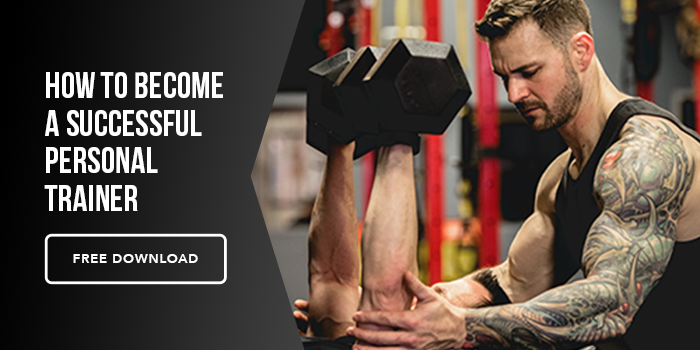I’d like to start off by saying without a nutrition degree, or being a certified nutritionist, no trainer is allowed to prescribe nutritional protocols to their clients. You need to have to be certified to legally make recommendations. You CAN however, make general suggestions about what has worked for you or what may work for a given client. Just make sure to never be diagnosing or prescribing.
Client’s all have different goals. Based on those goals different nutrition plans may be needed. Does your client have any intolerances? Restrictions? Are they currently adhering to a certain dietary regimen (plant based, keto, etc). All these questions will lead to different suggestions in terms of nutrition guidelines you may suggest.
You shouldn’t be doing anything you are uncomfortable with. If you do not have a good grasp of nutrition, aren’t certified, and aren’t sure how to cater to a clients needs, then I would recommend that you refer them to a nutrition coach who can handle their needs.
If you do have the knowledge base, and want to provide guidelines for your clients, I would recommend first doing an assessment just like you would at the gym. Figure out those questions mentioned above. There is a reason they say abs are made in the kitchen. Having a solid game plan can be the difference between hitting your goals vs not.
Bulking Up vs Dieting Down
If a client is bulking up, they may need to increase their calories. Whether they are dieting or bulking up, they will probably want to have an increased protein intake (if they aren’t already hitting 1g/lb bodyweight). As they diet down you may find they might have to increase their protein intake slightly to retain muscle. Those with faster metabolisms on a bulk, may need 4,000 calories while those with slower metabolism may only need 2500 calories. Dieting down may involve figuring out their maintenance calories so you know how much of a deficit to start them off with so they can even see the scale move down week to week.
Output
You also have to factor in their output. If I took two versions of me, and one only lifted 5 times a week, while another lifted 5 times a week plus had an aerobic sport 5 times a week, chances are, the latter will need a lot more calories if the goal was bulking up. We all have different caloric needs based on our goals and output. Don’t assume just because certain nutritional guidelines work for one person that it will work for another.
Stick to the Basics
If you work at a big box gym, chances are a client only needs to focus on the basics (because they probably aren’t doing that). This would involve
- Drinking enough water
- Eating mostly whole, unprocessed foods
- Limiting the amount of processed food intake
- Eating 1g/lb protein (or a serving the thickness and size of your palm each meal)
- Eating 1-2 fistful of veggies each meal
- Eating 1-2 cupped hands full of carbs
- Eating thumb sizing serving of fats each meal
Gaining Awareness
These are guidelines that don’t require a scale, or downloading an app to track. For those that want to track, they can for sure download those apps and I highly recommend every client try tracking even just for 3-4 days to become aware of the caloric impact each food has on them and how aware on how much they truly are consuming.
The biggest issue I find for clients starting their nutritional journeys is that they underestimate how much they are eating, and overestimate how much they are expending at the gym. Let’s think about that for a second. Most people we know in our lives will complain they are dieting and dieting and not losing any weight. But have they ever tracked how much they are actually eating? I’ve found that when I get my clients to track for a couple days, we find out more often than not, they actually ate more than they originally thought (sometimes they find they overshot by 500-700 calories!). This is how important of a role nutrition plays with your clients.
If you truly want to be a great trainer, you should highly consider a nutrition coaching certification. It’s one of the most important tools you can have in your belt, and makes you priceless in terms of knowledge and value you can provide your client all at once. It’s okay if you choose not to pursue one, but realize you are holding yourself back as a trainer, and your clients progress by not incorporating this valuable tool into your repertoire.
Make sure to check out the NCI Coaching Certification if you are interested in pursuing a nutrition coaching certification.






